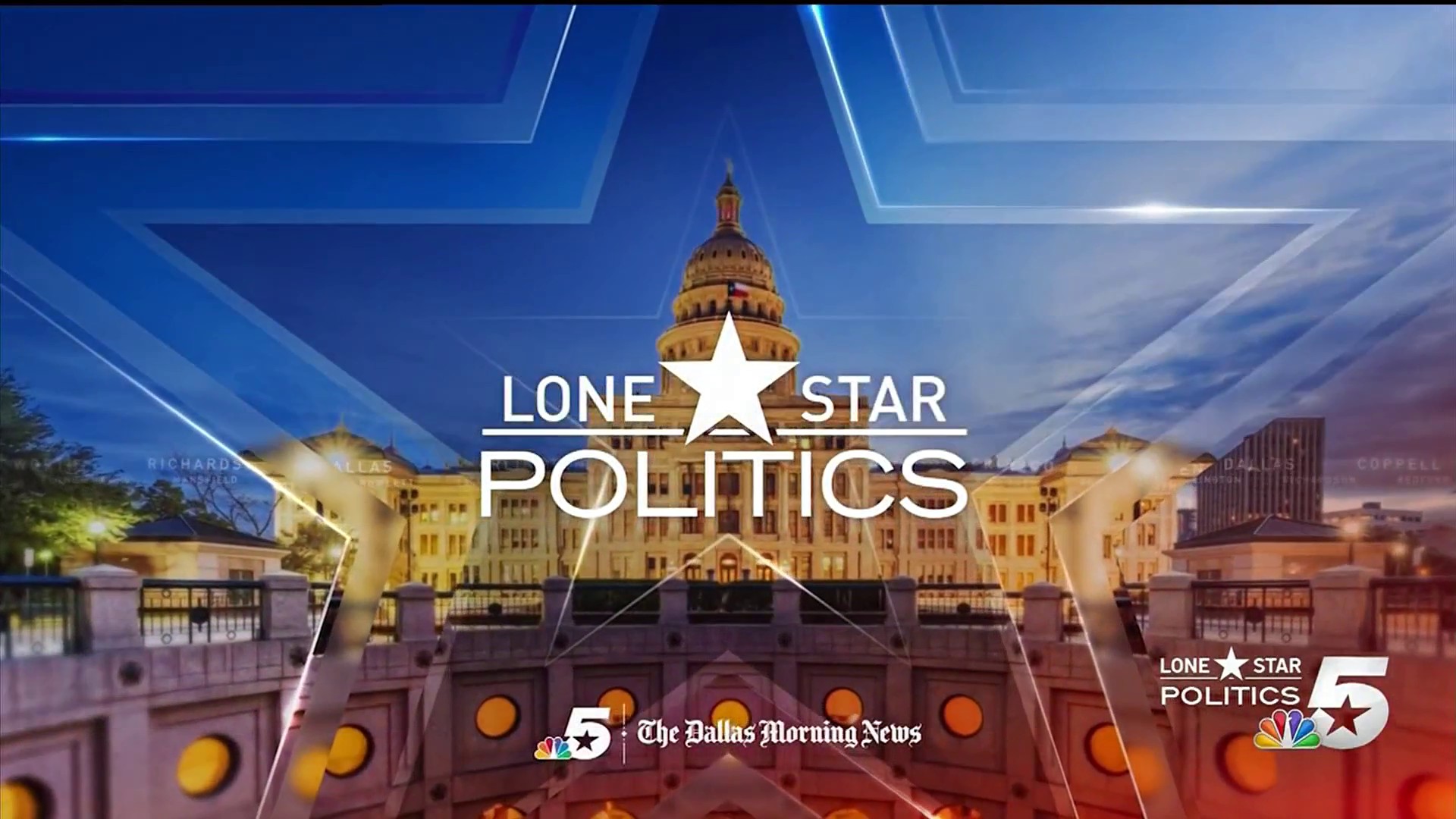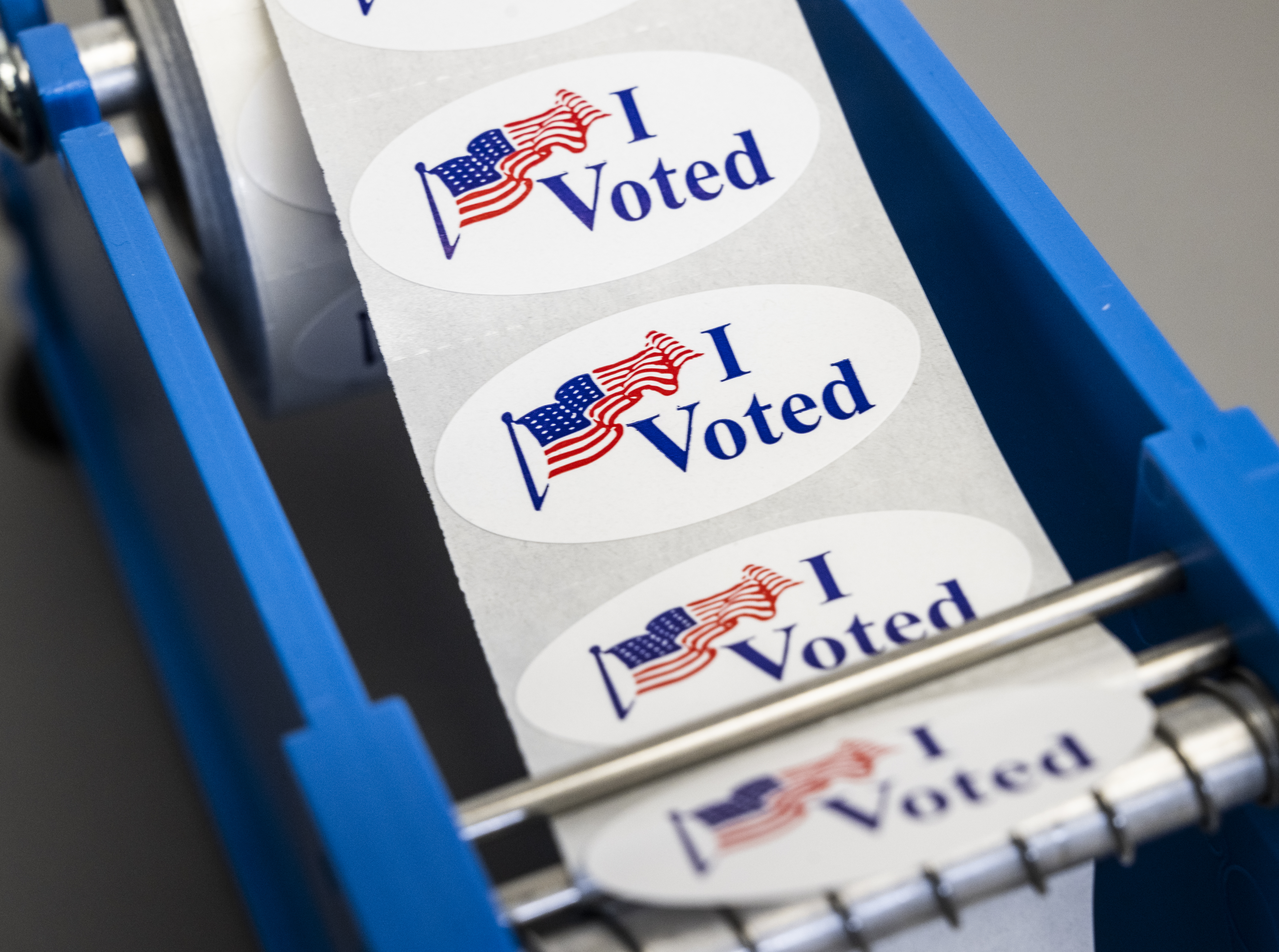The 20 bills Texas Gov. Greg Abbott (R) vetoed in the 2021 regular legislative session are the fewest a Texas governor vetoed since 2005 when Rick Perry also vetoed 20.
Out of 1,073 total bills passed by the 87th Texas Legislature, Abbott chose to veto legislation including bills requiring education on family and dating violence prevention, banning using statements obtained through hypnosis in a criminal court, and protecting dogs from unsafe conditions and dangerous restraints.
Abbott also chose to use a line-item veto when he signed the state budget, denying funding from the Texas legislature after Texas Democrats broke quorum in a walkout to block Senate Bill 7, legislation that would have increased voting restrictions.
"Funding should not be provided for those who quit their job early, leaving their state with unfinished business and exposing taxpayers to higher costs for an additional legislative session," Abbott wrote in his veto legislation.
Get DFW local news, weather forecasts and entertainment stories to your inbox. Sign up for NBC DFW newsletters.
Four days after his veto period ended last Friday, Abbott announced an expected special session, where he is expected to push the voting restriction legislation.
Here's a breakdown of the 20 vetoed bills, 13 of which were authored by Democrats and seven by Republicans:
SB474: Safe Outdoor Dogs Act
Lone Star Politics
Covering politics throughout the state of Texas.
Senate Bill 474, named the Safe Outdoor Dogs Act, would have banned dog owners from chaining unattended dogs outdoors without adequate shelter, water and shade. Dangerous restraints used on dogs would also be prohibited, including heavy chains.
The cities of Dallas, Arlington, and Plano already have similar laws banning tethering.
In his veto legislation, Abbott said Texas already outlaws "true animal cruelty" and called the restrictions on dog owners "micro-managing" and "over-criminalization."
"Texans love their dogs, so it is no surprise that our statutes already protect them by outlawing true animal cruelty," Abbott wrote. "Yet Senate Bill 474 would compel every dog owner, on pain of criminal penalties, to monitor things like the tailoring of the dog’s collar, the time the dog spends in the bed of a truck, and the ratio of tether-to-dog length, as measured from the tip of the nose to the base of the tail."
The Texas governor drew sharp backlash for the veto, including from San Antonio mayor Julian Castro. The hashtag #AbbottHatesDogs began trending on Twitter after he vetoed the Safe Outdoor Dogs Act.
You can read Abbott's veto legislation here, as well as Senate Bill 474 itself here.
HB2667: Rural Broadband Assistance
House Bill 2667 would have provided universal service fund assistance to high-cost rural areas. The bill would have also required a universal charge to fund the universal service fund.
Before the legislature began in the spring, Abbott put "expanding broadband access across the state" as one of his priorities, and he acknowledged the need for broadband reform in his veto legislation.
But the governor said HB 2667 would have imposed new taxes on millions of Texans and instead touted other bills signed into law.
"Transformational broadband reform was achieved through multiple bills that have been signed into law, " Abbott wrote. "Yet the only meaningful change made to the Texas Universal Service Fund was, in House Bill 2667, to expand the number of people paying fees."
Senate Bill 5 created an 18-person council to research and monitor broadband development in unserved areas and a State Broadband Development Office to expand broadband internet access through the University of Texas System.
You can read Abbott's veto legislation for HB2667 here, as well as the bill itself here.
HB686: Parole Eligibility for Juvenile Offenders
House Bill 686 would have allowed for earlier parole eligibility for inmates who were convicted of committing certain crimes under the age of 18. When determining eligibility, parole panels would also take into account the inmates' mental health at the time of committing the crime as well as the inmate's "growth and maturity," along with other factors.
But in his veto legislation, Abbott said the bill, as written, would conflict with the Texas Code of Criminal Procedure's jury instructions.
"And the bill would cause disparate results in parole eligibility for juvenile offenders by failing to account for all circumstances in Texas Code of Criminal Procedure 42A.054," Abbott wrote.
You can read his veto legislation for HB686 here, as well as the bill itself here.
Other bills Abbott vetoed included:
- Senate Bill 281, banning hypnosis testimony use in criminal trials.
- Senate Bill 1109, requiring Texas middle and high schoolers to take lessons on resources on family violence, dating violence and child abuse. Grand Prairie assistant chief Ronnie Morris called on Abbott to place the bill in the special session Monday.
- Senate Bill 36, creating a higher education task force focused on mental health services and hazing
- Senate Bill 237, allowing police officers to issue a citation for the misdemeanor of criminal trespass instead of taking the suspect before a judge
- House Bill 787 would have removed the ability of judges of banning people on probation from having contact with people with a criminal history, based on support groups and treatment programs run by and attended by former inmates
The 20 bills vetoed are a step down from the 58 vetoes Abbott issued after 2019 and the 51 he issued in 2017.



